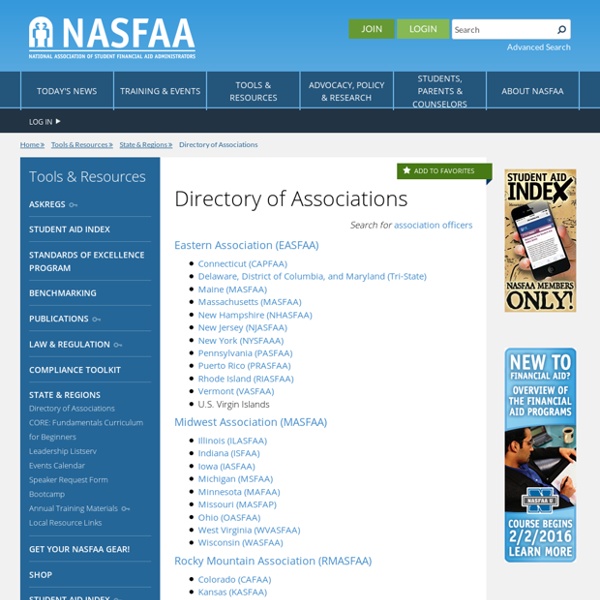



FAFSA® Completion by High School As the cost of college continues to increase, financial aid becomes ever more important. While many factors are involved in the decision to attend college, a strong correlation exists between FAFSA completion and college enrollment. Previously, high schools relied on self-reported surveys to estimate their FAFSA completion rate, and that data can be inaccurate. For this reason, Federal Student Aid is providing high schools with current data about their FAFSA submissions and completions so that high schools can track their progress and help to ensure that their students complete a FAFSA. A completed FAFSA allows the U.S. The data included in the attached charts reflect the number of submitted and completed FAFSAs among first-time filing applicants no older than 18 who will have received their high school diploma by the start of the school year to which they are applying for aid. Data currently posted covers applications processed through December 31. Select FAFSA Data by State/Territory:
A Parent's Guide to Financial Aid Your child is worried about getting into college—but you're probably more concerned about paying for it. Here's the good news: there is plenty of financial assistance for families paying for college. You just need to know how to get it. The prospect of applying for financial aid can seem intimidating—especially the first time. But the financial aid process is not as difficult as you think. All it takes is time, a little organization—and a lot of paperwork/online forms. Previewing Your Magic Number The "magic number" of the financial aid process is the Expected Family Contribution (EFC). You can get a preview of your EFC using one of several calculators on the Internet (to get two estimates based on the two most widely used methods). "Do not assume you will be ineligible [for financial aid] before calculating your expected contribution with this tool," says Robert Massa, vice president of enrollment, student life, and college relations at Dickinson College (PA). How It All Works The FAFSA
Other Aid | What If No Help from Parents? This section of FinAid provides advice to students whose parents are unable or unwilling to help students pay for school. Regardless of the situation, some of the more common questions received by FinAid come from students seeking help because their parents cannot contribute to their education. FinAid supports changes in federal legislation that would shift the burden to the students. For an abbreviated version of this advice, see Fastweb’s How to Deal If Your Parents Won’t Pay. Federal Government Policies on Parental Responsibility The federal government and the schools consider it primarily the family's responsibility to pay for school. The US Department of Education has published guidance to financial aid administrators indicating that neither parent refusal to contribute to the student's education nor parent unwillingness to provide information on the student aid application or for verification is sufficient grounds for a dependency status override. Advice for Students and Parents
Types of Aid Financial aid is money to help pay for college or career school. Aid can come from Besides financial aid, you also should think about what you can do to lower your costs when you go to college. “Types of Federal Student Aid” Video Check out this video to learn about grants, loans, and work-study jobs and how they can help fund your education. View accessible version (wmv) Aid and Other Resources From the Federal Government The federal government offers a number of financial aid programs. The U.S. Federal student aid includes: Grants—financial aid that doesn’t have to be repaid (unless, for example, you withdraw from school and owe a refund)Loans— borrowed money for college or career school; you must repay your loans, with interestWork-Study—a work program through which you earn money to help you pay for school Use FAFSA4caster to get an estimate of how much aid you might receive from the U.S. Apply for federal student aid using the Free Application for Federal Student Aid (FAFSA®). Top